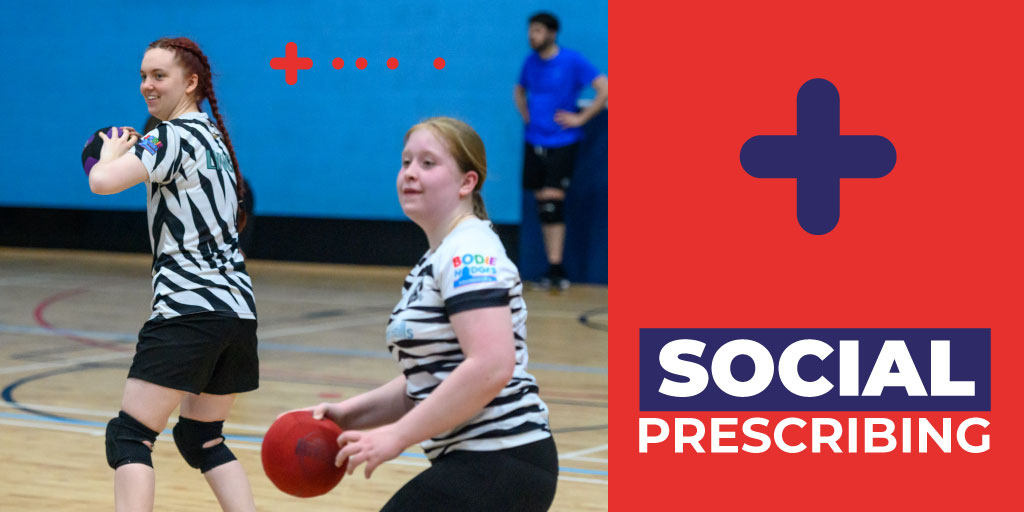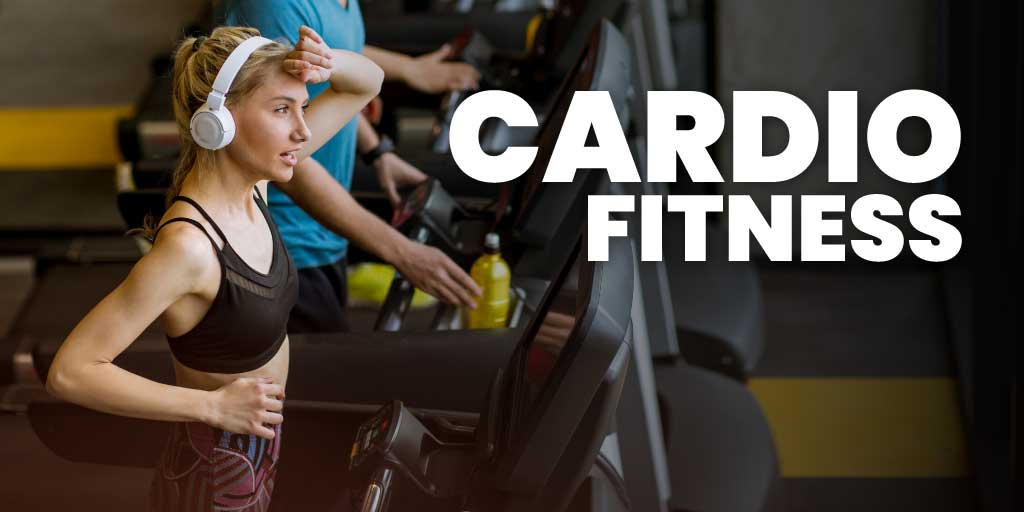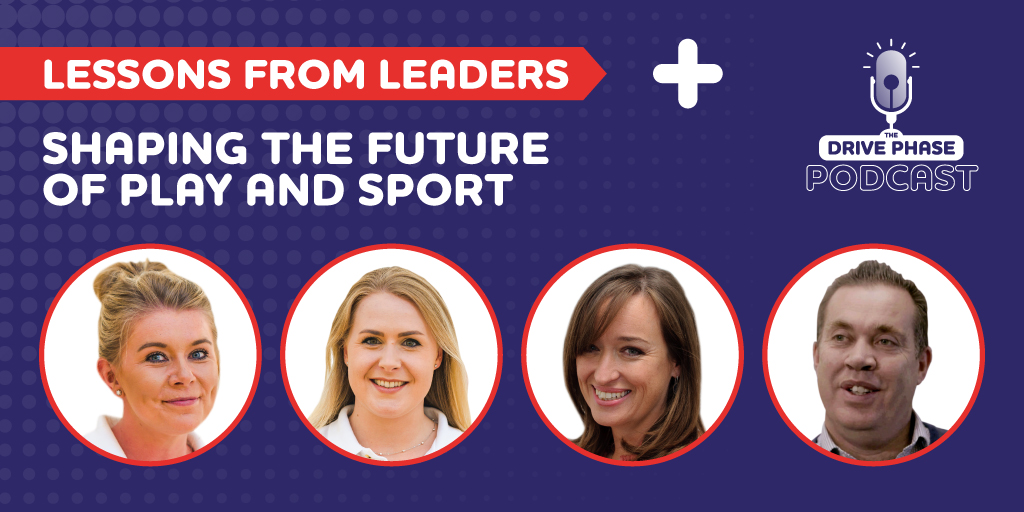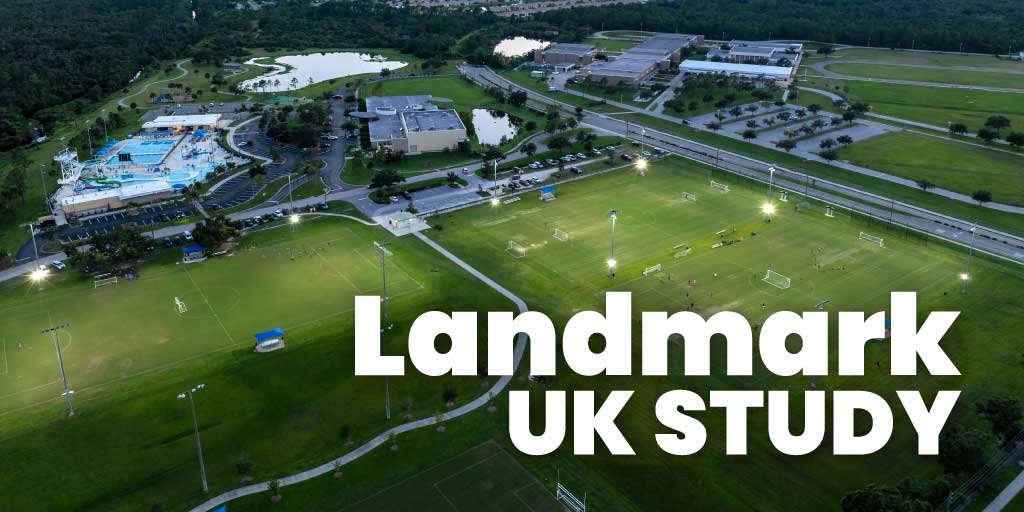For communities across the country, social prescribing could be the key to reducing challenging health conditions. According to research from the National Children’s Bureau, evidence shows that young people experiencing poor mental health would benefit from social prescribing.
Social prescribing can enhance the collaborative and prescriptive nature of local medical GPs to provide a wide array of services. For children and young people impacted by lockdowns and the challenges of the higher cost of living, providing diverse pathways to flexible, effective and tailored support would be beneficial to the most disadvantaged groups.
Why is physical activity so important?
Physical activity is an important pathway toward preventative social prescription. It isn’t the only pathway but in addition to sports, performing arts, volunteering and even cooking are all viable activities. The aim is to offer opportunities that offer an escape or a ‘reset’ for young people who’ve become overtaxed.
London Youth’s Summer Festival of Sport is a great example of how disadvantaged young people are served through physical activity. This summer, over 600 young people took part in 25 different activities. The event offered young people from underserved communities access to the legacy of London 2012, supported and led by London Youth, StreetGames and The Jack Petchey Foundation.
The activities included BMXing and circus skills and gave these young people a first-hand experience of new sports and activities. With the expense of many of these activities, sport not only offers young people insight but an opportunity to develop interests that can give them a stake in their communities.
How would social prescribing work?
Funding for public health, school nurses and public mental health services have seen a £700m real terms reduction in funding from 2014 through to 2021. This is likely to increase as the cost of living rises and the UK government looks to reallocate resources. A survey carried out by YoungMinds, for example, found that more than a quarter of young people had tried to commit suicide in the time they spent waiting to be allocated mental health support.
Social prescription schemes would therefore provide multiple routes for referrals, including GPs, schools, colleges or local help centres, cutting down on those wait times. Dedicated Link Workers would help them work out what they needed and what was locally available to them. And sport could be used in tandem with housing advice, welfare support, counselling and volunteering.
What are the risks?
The main risk is that the cost-of-living crisis and the real terms reduction in mental health spending will put even further stress on disadvantaged children and young people. In schools across the country, more than 80% of parents and carers are concerned about the cost-of-living crisis, with more than a quarter struggling with the cost of PE and sports kits.
Disadvantaged children and young people are already likely to lead less active lifestyles. Physical activity-based interventions have proven results building self-esteem and resilience. Interventions involving an array of physical activities have wide-ranging health benefits that can directly impact health spending, such as a reduction in obesity-related illness.
However, the current government under the leadership of new PM Liz Truss has revealed a reticence for “nanny-state” governance. Growing fears have been raised as to the future of the Pupil Premium as The Department of Health and Social Care runs its internal summary of its obesity policy. There are plans to halt the sugar tax, which funds school sport and physical activity in primary schools.
With the impact of sedentary lifestyles because of the pandemic, the NHS has warned that there are grave risks to the UK population. The levy removed 48m kilos of sugar from UK diets, with obesity treatments costing the NHS £5.1bn annually. With sugary drinks accounting for 30% of 4 to 10-year-olds daily sugar intake, social prescription through physical activity and emotional support has never been more necessary.









